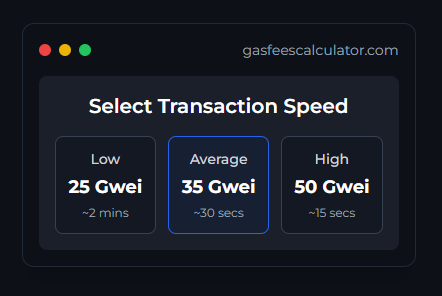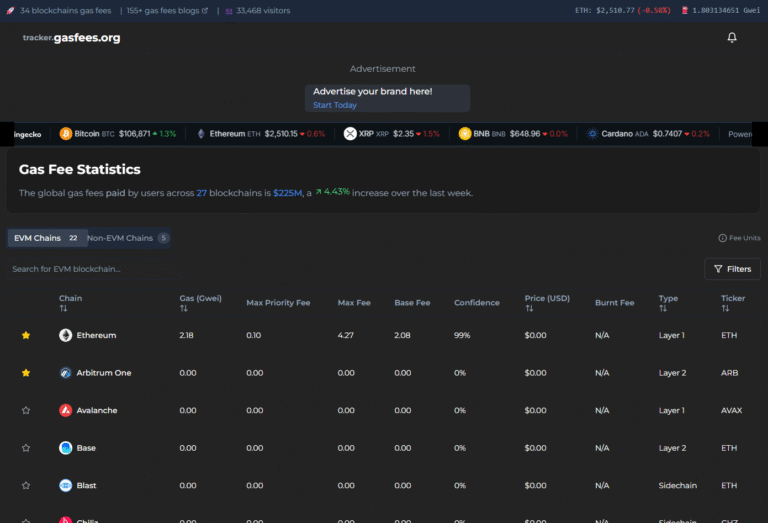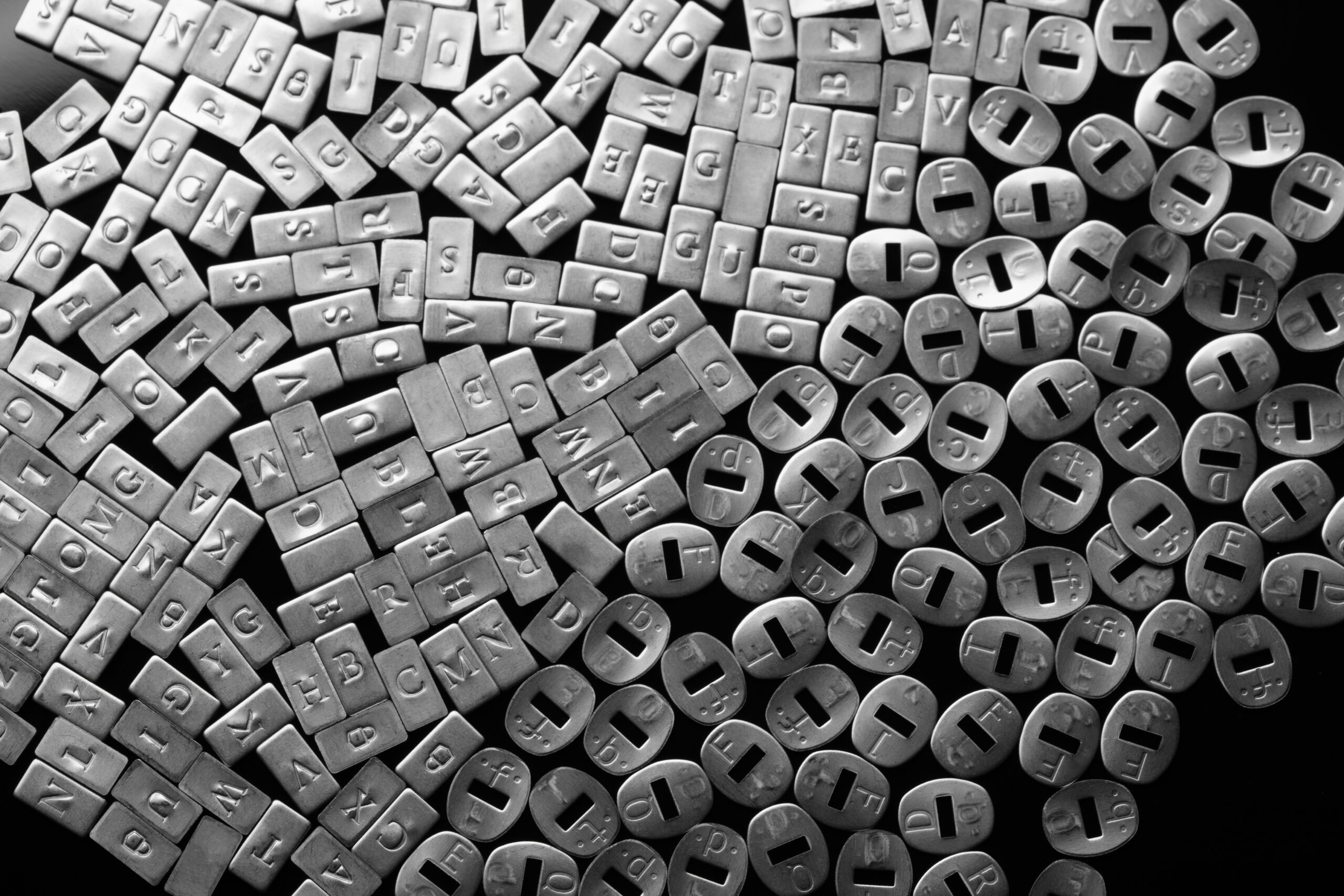What Are ZK-Rollups Gas Fees?
ZK-Rollups, or Zero-Knowledge Rollups, are layer-2 scaling solutions for Ethereum that bundle hundreds of transactions into a single proof, processed off-chain and settled on-chain. Gas fees for ZK-Rollups are significantly lower than Ethereum’s mainnet, often costing just a fraction of a cent per transaction, as they distribute the cost of a single layer-1 transaction across many users. Fees are paid in ETH or supported tokens and vary based on the rollup’s design, transaction complexity, and layer-1 gas prices.
For example, platforms like zkSync or StarkNet leverage ZK-Rollups to offer transfers as low as $0.01-$0.10, compared to Ethereum’s $1-$20. The fee structure depends on the computational cost of generating zero-knowledge proofs and posting data to Ethereum. Users can optimize fees by batching transactions or using rollup-specific wallets with real-time fee estimators. By slashing costs while maintaining Ethereum’s security, ZK-Rollups make DeFi, NFTs, and microtransactions more accessible, driving adoption in the Web3 ecosystem.
What Are xDAI Chain Gas Fees?
xDAI Chain (now Gnosis Chain) offers some of the lowest gas fees in the blockchain space — often just fractions of a cent. Unlike Ethereum, where gas is paid in ETH, xDAI users pay fees in the stable xDAI token, making costs predictable and ideal for high-frequency or low-value transactions. Learn more at GasFees.org.
What Are Raiden Network Gas Fees?
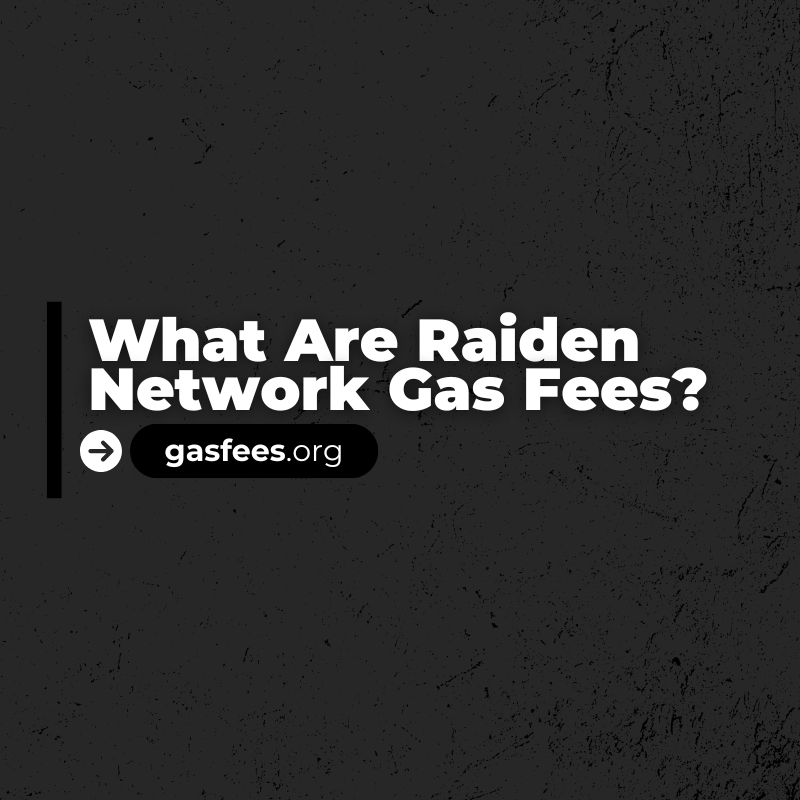
Raiden Network gas fees are the costs incurred when conducting off-chain transactions on the Raiden Network, which is designed to facilitate faster and more scalable payments on the Ethereum blockchain. These fees are typically lower than on-chain fees, enabling microtransactions and reducing congestion. Understanding Raiden Network gas fees is key to optimizing cost-effective and efficient payments for decentralized applications (dApps) and other Ethereum-based services.
What Are Polygon zkEVM Gas Fees?
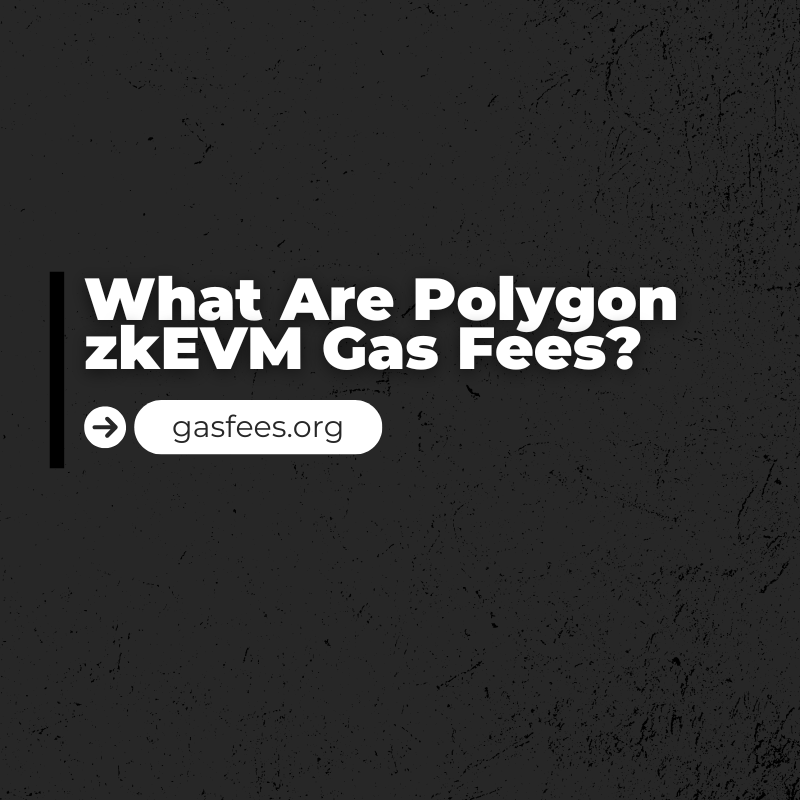
Polygon zkEVM gas fees are the transaction costs associated with using the zkEVM (Zero-Knowledge Ethereum Virtual Machine) on the Polygon network. This guide explores how these fees are structured, what influences their cost, and how zkEVM’s scalability can help reduce fees while maintaining security and performance on Ethereum-compatible chains.
What Are Plasma Gas Fees?
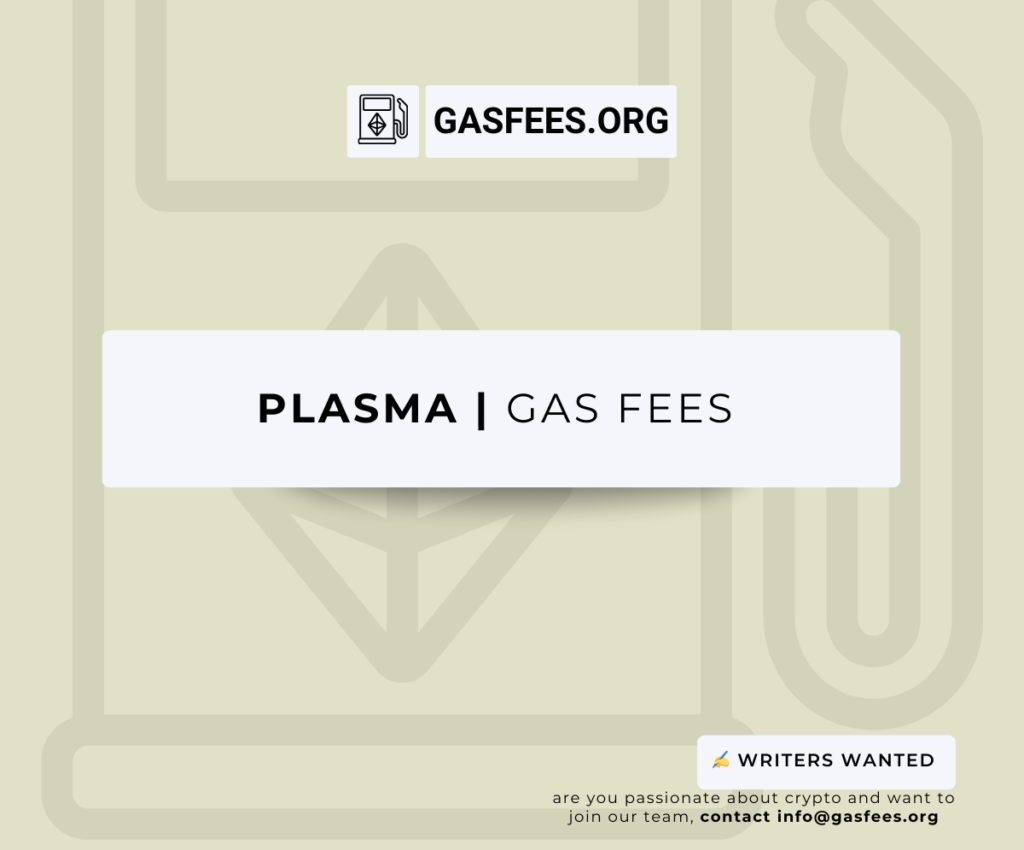
What Are Plasma Gas Fees? Written By: Mr. GasMan Beyond the Ethereum Mainnet: Imagine Ethereum, the bustling metropolis of blockchain applications, teeming with activity. Transactions zip through the network, each carrying a tiny toll – the gas fee. While necessary for network security and ensuring miners are compensated, these fees can skyrocket during peak times, […]
What Are Optimistic Rollups Gas Fees?
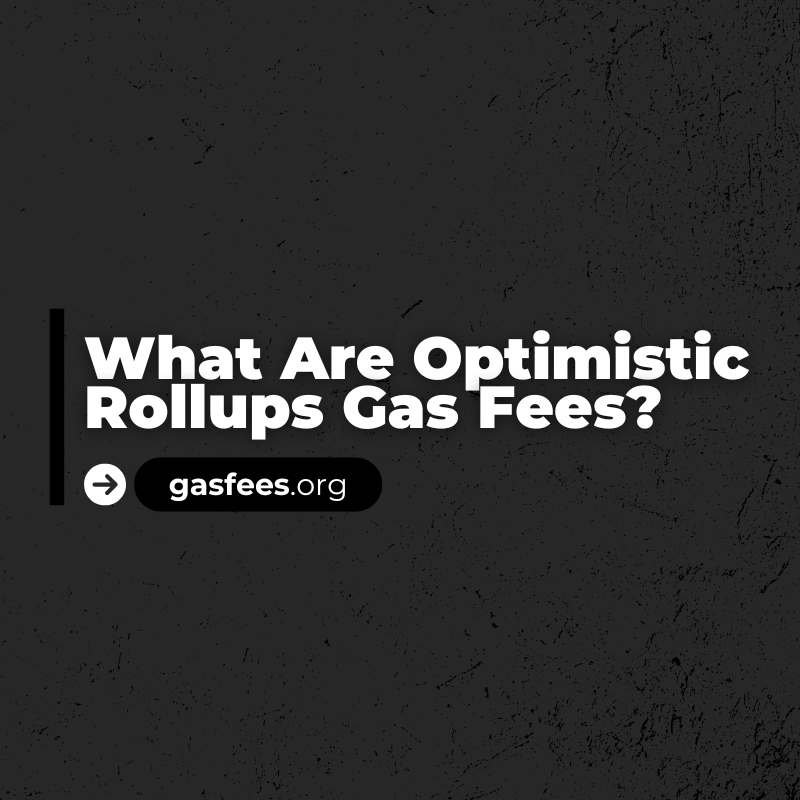
Optimistic Rollups gas fees are the transaction costs associated with executing operations on Layer 2 solutions that scale Ethereum by batching multiple transactions into a single one on the Ethereum mainnet. These fees are significantly lower than mainnet fees, as computation is handled off-chain while security is maintained on-chain. Understanding Optimistic Rollups gas fees is essential for users looking to save costs when interacting with decentralized applications (dApps) and smart contracts.
